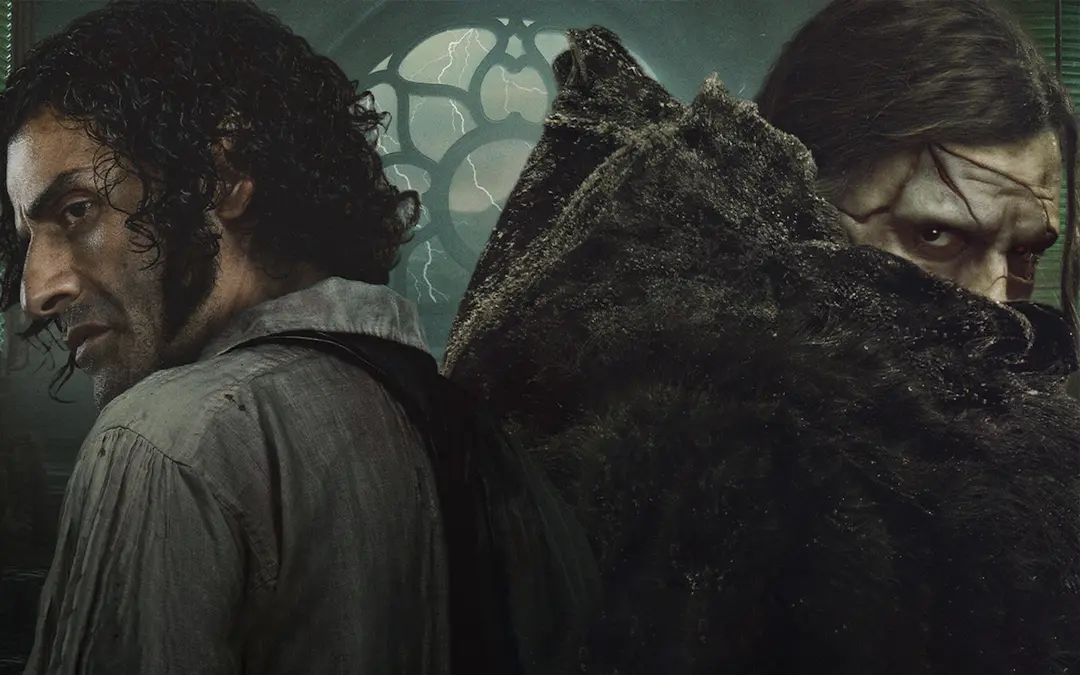Director Guillermo del Toro has finally brought his long-awaited passion project, an adaptation of Mary Shelley’s classic Frankenstein, to the screen. Released globally on Netflix on November 7, 2025, and following a limited theatrical run, the film is being hailed by critics not as a horror movie, but as a gorgeous, melancholic, and deeply personal tragedy about the ache of loneliness and the monstrousness of abandonment.
With stunning Gothic artistry and powerful central performances by Oscar Isaac and Jacob Elordi, the film attempts to be the definitive modern take on the two-century-old tale.
The True Heart of the Monster
The film’s biggest revelation is Jacob Elordi as the Creature. Elordi’s performance is universally praised as emotionally devastating and career-defining.
- Humanity over Horror: Del Toro shifts the focus away from the Creature as a terrifying beast, portraying him instead as a heartbreakingly naive soul born into rejection. Elordi captures this tragic arc perfectly, using controlled, expressive physicality—reportedly influenced by Japanese Butoh dance—to convey a creature struggling to reconcile his enormous power with a desperate, childlike need for connection.
- The Emotional Core: Critics note that the film’s most moving scenes are not the gothic terrors, but the quieter moments where the Creature tries to learn language, understand kindness, and repeatedly faces the ultimate horror: being seen, and then immediately rejected, by a world that cannot look past his appearance.
The Creator’s Descent into Arrogance
As the creator, Oscar Isaac plays Victor Frankenstein, a man consumed by grief and scientific ambition.
- A Complex Villain: Isaac avoids the stereotypical mad scientist. His Victor is a feverish, driven intellectual whose ambition is rooted in the trauma of his own life. The film explores how the abuse and neglect Victor suffered as a child echoes in the cruelty he inflicts on his own creation, making the relationship a devastating cycle of inherited pain.
- The Visuals: Del Toro’s aesthetic is signature and sublime. The film is a visual symphony of Gothic craftsmanship, featuring amber-lit laboratories, blood-red skies, and dense, tangible sets that eschew CGI. Every frame is detailed and beautiful, designed to reflect the film’s themes—warm golds and ambers in Victor’s days of hope, bleeding into the cold whites and blues of the Arctic wasteland where the final confrontation takes place.
The Critical Verdict
While the film is a triumph of artistry and performance, some reviewers note that the nearly 150-minute runtime occasionally drags in pacing. Furthermore, del Toro’s commitment to visual beauty sometimes results in a “softening” of the novel’s visceral grime and horror, leaving some of its thornier philosophical edges implicit rather than fully exposed.
Despite these minor flaws, Frankenstein is being called a haunting, emotionally fearless, and tender adaptation that honors the spirit of Mary Shelley’s classic while reshaping it into a powerful, contemporary meditation on empathy and the ultimate failure of a creator’s love.
Discover more empowering stories and insightful content like this on YOUxTalks, your go-to destination for inspiration and knowledge.
Follow YOUxTalks on Instagram: https://www.instagram.com/youxtalks











